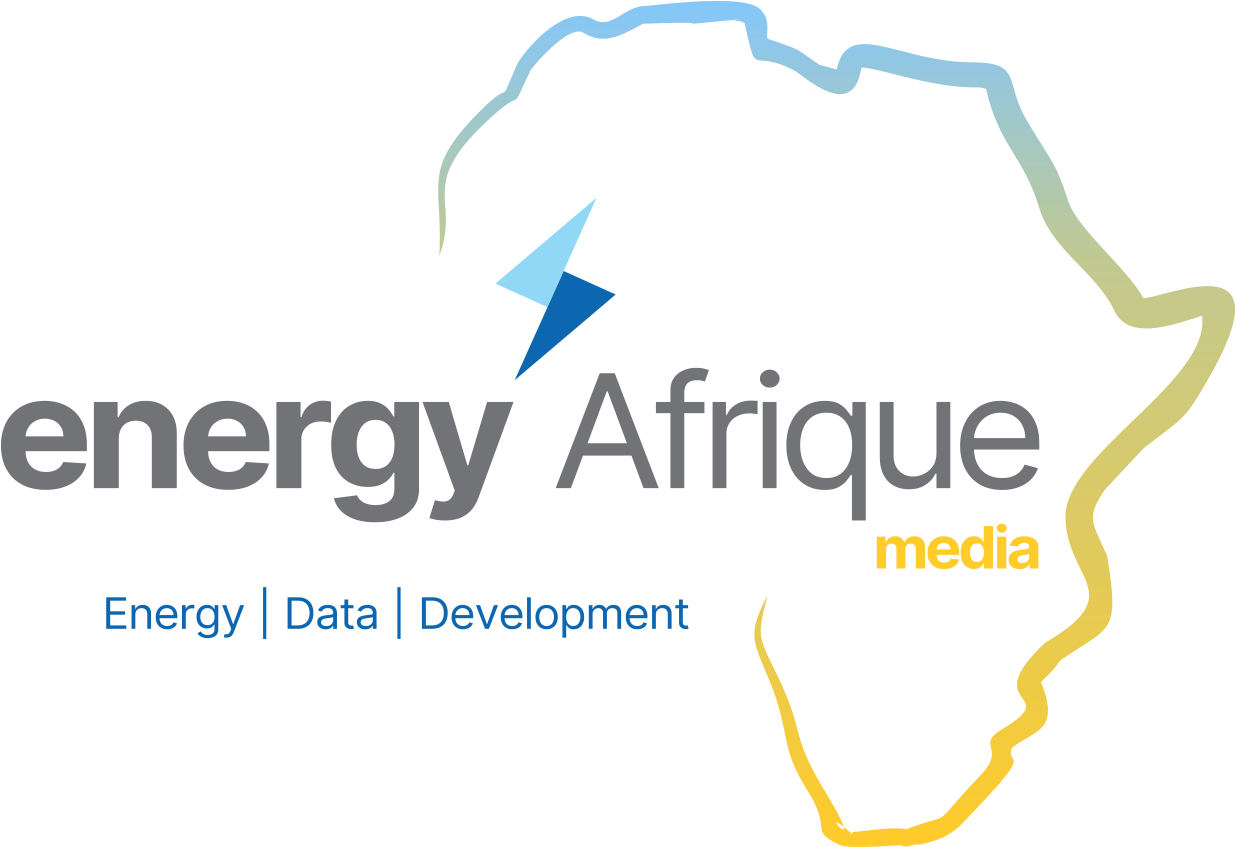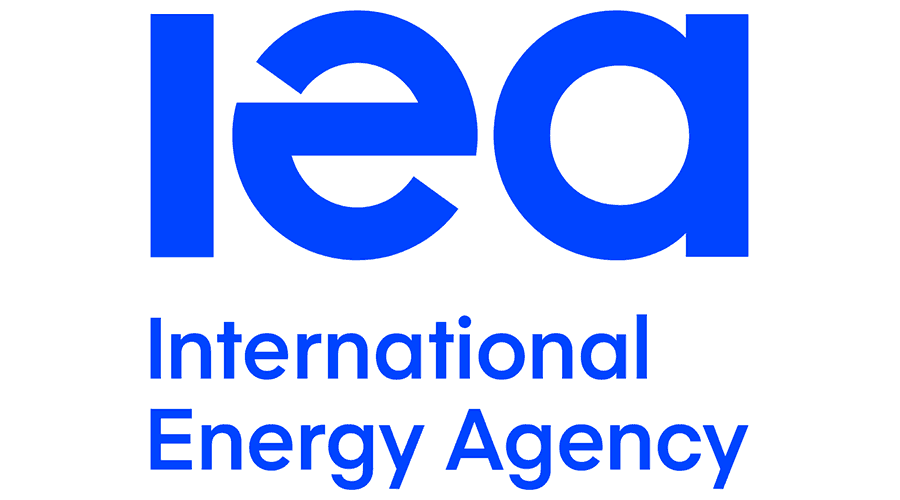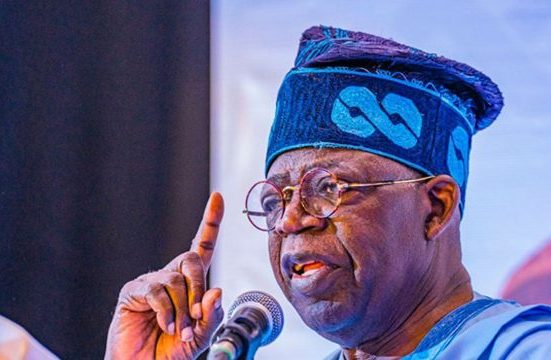In a landmark collaboration to combat the climate crisis, the United Nations Framework Convention on Climate Change (UNFCCC) and the International Energy Agency (IEA) have announced a new phase of cooperation aimed at advancing the energy commitments established at the recent COP28 climate summit in Dubai.
The primary objective of the alliance is to limit global warming to 1.5°C, a critical threshold to avert catastrophic climate impacts, an official statement from the IEA said.
UNFCCC Executive Secretary Simon Stiell and IEA Executive Director Fatih Birol unveiled this initiative at the Copenhagen Climate Ministerial, attended by nearly 30 ministers and climate leaders from around the world.
The collaboration will focus on tracking and reporting on energy-related outcomes of the first Global Stocktake at COP28, consensus building on actions for 1.5°C-aligned energy transitions, and supporting the development of the next round of Nationally Determined Contributions (NDCs) under the Paris Agreement.
The UNFCCC and IEA will work in tandem to identify metrics for tracking progress towards these goals, providing updates to motivate global action.
The IEA will produce a report assessing international progress against the energy commitments made at COP28, to be published before the COP29 summit.
“Following the COP28 outcome, we now need to make sure commitments are delivered upon – where we make the text of agreements, a reality,” said Mr Stiell, the UNFCCC Executive Secretary.
Mr Stiell stressed the need for enhanced cooperation to track progress, exchange data, and support countries in implementing policies for energy transition.
“This new era of cooperation will bring together the UNFCCC’s international convening power and deep technical expertise on climate change with the IEA’s unparalleled energy data, analysis and policy expertise,” said Dr Birol, the IEA Executive Director.
To facilitate positive outcomes, the UNFCCC and IEA will collaborate on the COP-IEA High-Level Energy Transition Dialogues throughout 2024. These dialogues aim to set priorities and share expertise ahead of COP29, scheduled for November in Baku, Azerbaijan.
The partnership will also focus on enhancing greenhouse gas emissions data and national data capacity building, fostering transparency and effectiveness in energy and climate decision-making.









